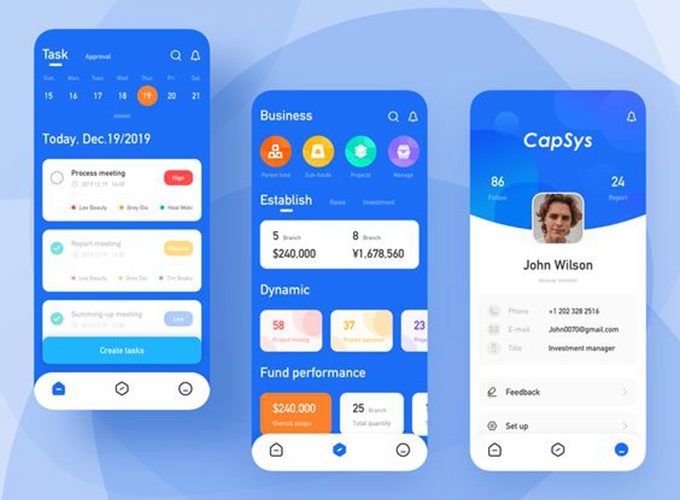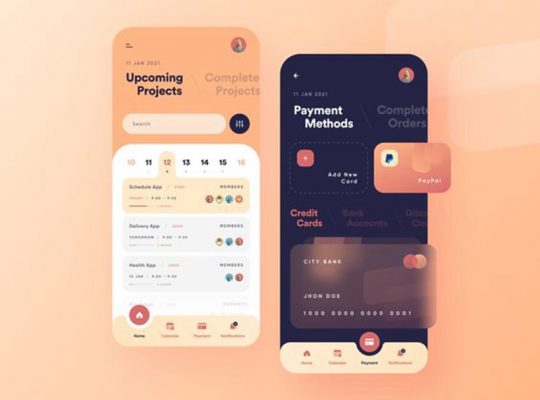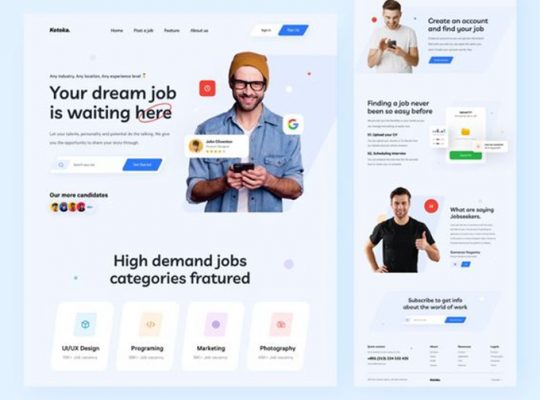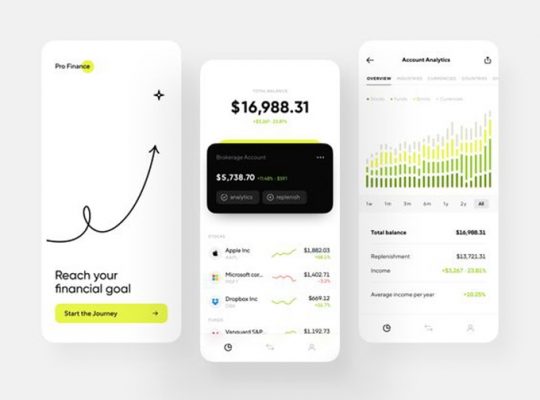Google and Apple have eliminated a whole bunch of apps from their app shops on the request of governments world wide. By doing this, the corporate created regional disparities in entry to cellular apps at a time when many economies have gotten more and more depending on them.
Table of Content
- Apps download
- buy ios installs
- buy ios keyword installs
- buy app store reviews
The cell phone giants have eliminated over 200 Chinese language apps, together with broadly downloaded apps like TikTok, on the Indian authorities’s request lately.
Equally, the businesses eliminated LinkedIn, a vital app for skilled networking, from Russian app shops on the Russian authorities’s request.
Nevertheless, entry to apps is only one concern. Builders additionally regionalize apps, which means they produce totally different variations for various nations.
This raises the query of whether or not these apps differ of their safety and privateness capabilities based mostly on area.
In an ideal world, entry to apps and app safety and privateness capabilities can be constant in every single place.
Fashionable cellular apps must be obtainable with out rising the chance that customers are spied on or tracked based mostly on what nation they’re in.
Particularly provided that not each nation has robust information safety laws.
My colleagues and I lately studied the availability and privateness insurance policies of hundreds of worldwide common apps on Google Play, the app retailer for Android gadgets, in 26 nations.
We discovered variations in app availability, safety and privateness.
Whereas our research corroborates experiences of takedowns resulting from authorities requests, we additionally discovered many variations launched by app builders.
We discovered situations of apps with settings and disclosures that expose customers to increased or decrease safety and privateness dangers relying on the nation through which they’re downloaded.
Geoblocked apps
The nations and one particular administrative area in our research are numerous in location, inhabitants and gross home product.
They embody the U.S., Germany, Hungary, Ukraine, Russia, South Korea, Turkey, Hong Kong and India. We additionally included nations like Iran, Zimbabwe and Tunisia, the place it was tough to acquire information.
We studied 5,684 globally common apps, every with over 1 million installs, from the highest 22 app classes, together with Books and Reference, Training, Medical, and Information and Magazines.
Our research confirmed excessive quantities of geoblocking, with 3,672 of 5,684 globally common apps blocked in at the least considered one of our 26 nations.
Blocking by builders was considerably increased than takedowns requested by governments in all our nations and app classes.
We discovered that Iran and Tunisia have the best blocking charges, with apps like Microsoft Workplace, Adobe Reader, Flipboard and Google Books all unavailable for obtain.
We discovered regional overlap within the apps which can be geoblocked. In European nations in our research – Germany, Hungary, Eire and the U.Okay. – 479 of the identical apps had been geoblocked.
Eight of these, together with Blued and USA Immediately Information, had been blocked solely within the European Union, probably due to the area’s Common Knowledge Safety Regulation.
Turkey, Ukraine and Russia additionally present comparable blocking patterns, with excessive blocking of digital non-public community apps in Turkey and Russia, which is according to the current upsurge of surveillance legal guidelines.
Of the 61 country-specific takedowns by Google, 36 had been distinctive to South Korea, together with 17 playing and gaming apps taken down in accordance with the nationwide prohibition on on-line playing.
Whereas the Indian authorities’s takedown of Chinese language apps occurred with full public disclosure, surprisingly a lot of the takedowns we noticed occurred with out a lot public consciousness or debate.
Variations in safety and privateness
The apps we downloaded from Google Play additionally confirmed variations based mostly on nation of their safety and privateness capabilities.
100 twenty-seven apps diverse in what the apps had been allowed to entry on customers’ cellphones, 49 of which had further permissions deemed “harmful” by Google.
Apps in Bahrain, Tunisia and Canada requested essentially the most further harmful permissions.
Three VPN apps allow clear textual content communication in some nations, which permits unauthorized entry to customers’ communications.
100 and eighteen apps diverse within the variety of advert trackers included in an app in some nations.
Classes embody Video games, Leisure and Social, with Iran and Ukraine having essentially the most will increase within the variety of advert trackers in comparison with the baseline quantity widespread to all nations.
100 and three apps have variations based mostly on nation of their privateness insurance policies.
Customers in nations not coated by information safety laws, akin to GDPR within the EU and the California Client Privateness Act within the U.S., are at increased privateness threat.
For example, 71 apps obtainable from Google Play have clauses to adjust to GDPR solely within the EU and CCPA solely within the U.S.
Twenty-eight apps that use harmful permissions make no point out of it, regardless of Google’s coverage requiring them to take action.
The function of app shops
App shops permit builders to focus on their apps to customers based mostly on a big selection of things, together with their nation and their machine’s particular options.
Although Google has taken some steps towards transparency in its app retailer, our analysis reveals that there are shortcomings in Google’s auditing of the app ecosystem.
A few of which might put customers’ safety and privateness in danger.
Doubtlessly additionally because of app retailer insurance policies in some nations, app shops specializing in particular areas of the world have gotten more and more common.
Nevertheless, these app shops might not have satisfactory vetting insurance policies, thereby permitting altered variations of apps to achieve customers.
For instance, a nationwide authorities might strain a developer to offer a model of an app that features backdoor entry.
There isn’t any simple approach for customers to differentiate an altered app from an unaltered one.
Our analysis gives a number of suggestions to app retailer proprietors to deal with the problems we discovered:
- Higher average their nation focusing on options
- Present detailed transparency experiences on app takedowns
- Vet apps for variations based mostly on nation or area
- Push for transparency from builders on their want for the variations
- Host app privateness insurance policies themselves to make sure their availability when the insurance policies are blocked in sure nations






